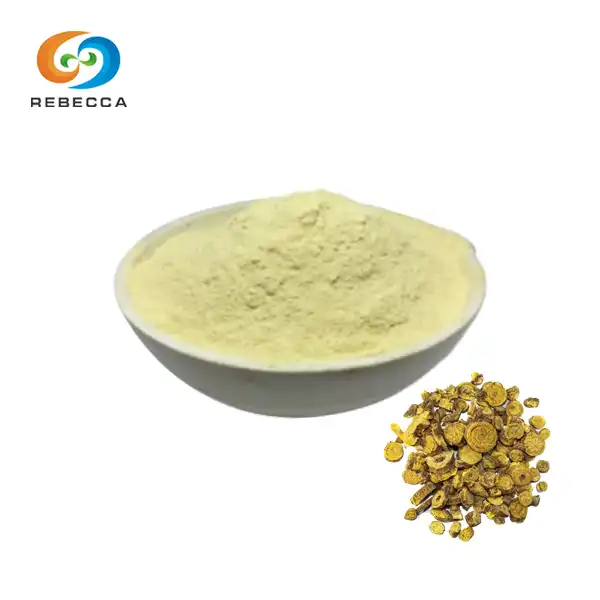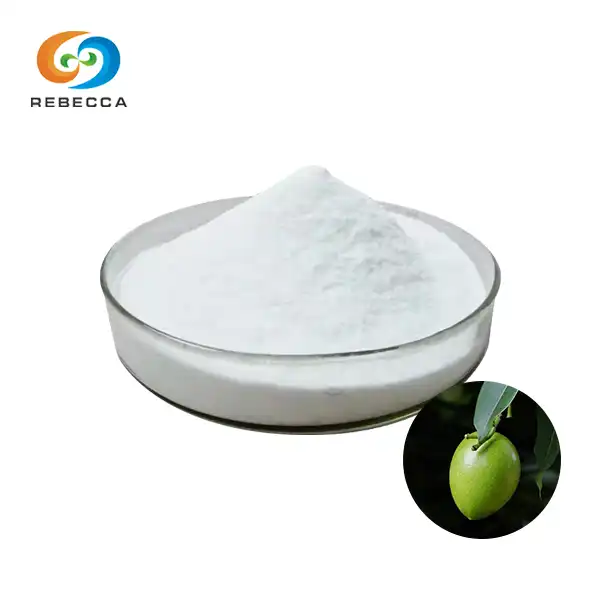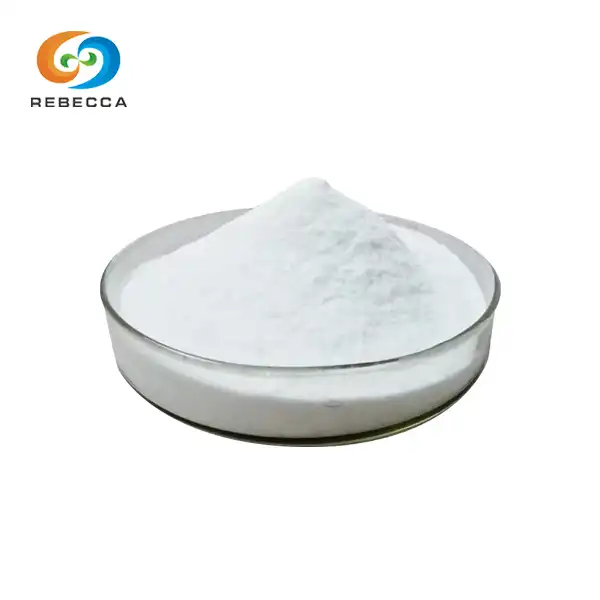What does organic apple cider vinegar do to your body?
While liquid apple cider vinegar remains widely used, many health enthusiasts are turning to apple cider vinegar powder as a more convenient alternative. This dehydrated form offers similar potential benefits without the strong taste and acidity that many find challenging to tolerate. As research continues to explore the physiological effects of apple cider vinegar, understanding its impact on the human body becomes increasingly relevant for those seeking evidence-based natural health solutions.
Before delving into specific bodily effects, it's worth noting that apple cider vinegar derives its proposed health benefits primarily from acetic acid, the compound that gives vinegar its characteristic sour taste and pungent smell. Organic varieties, particularly those containing "the mother" (a colony of beneficial bacteria and enzymes), may also provide additional bioactive compounds. ACV powder concentrates these components into a shelf-stable, easy-to-use format that many find preferable to liquid versions.
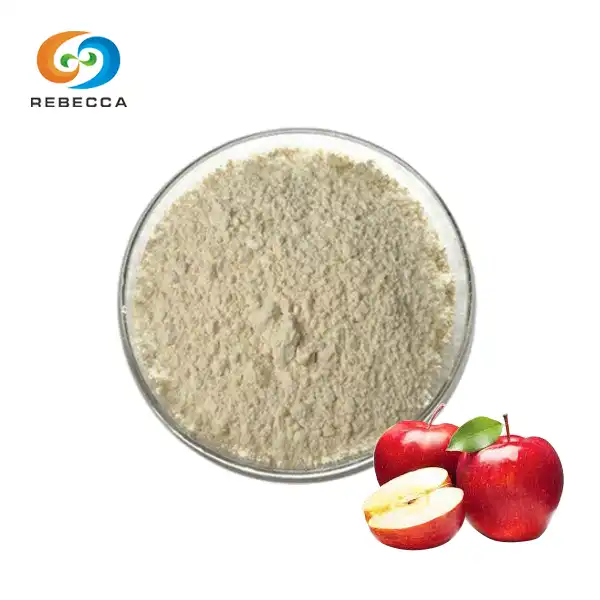
Product Name: Apple cider vinegar powder ,Organic Apple cider vinegar.
CAS No.: 85251-63-4
Specification:Apple cider vinegar powder 5% 8% 10%
Test Method: HPLC
Latin Name:Malus Pumila Mill.
Apple Cider Vinegar Powder otherwise known as cider vinegar or ACV, is a type of vinegar made from cider or apple must and has a pale to medium amrber color. Unpasteurized or organic ACV contains mother of vinegar, which has a cobweb-like appearance and can make the vinegar look slightly congealed.ACV is used in salad dressings, marinades, vinaigrettes, food preservatives, and chutneys, among other things.
Aids Digestion
The digestive system serves as the gateway through which nutrients enter our bodies, making optimal digestive function essential for overall health. Organic apple cider vinegar has long been associated with digestive benefits, and modern research has begun to illuminate the mechanisms behind these traditional claims. The acetic acid content, alongside other bioactive compounds found in apple cider vinegar, appears to influence several aspects of the digestive process.
One of the primary ways apple cider vinegar may support digestion is through its potential to stimulate stomach acid production. Contrary to common assumption, many digestive issues stem not from excess stomach acid but from insufficient amounts. Low stomach acid (hypochlorhydria) can impair protein breakdown and nutrient absorption while potentially allowing harmful bacteria to survive the stomach environment. The acidic nature of apple cider vinegar may help supplement stomach acid levels, particularly beneficial for individuals experiencing age-related decline in gastric acid secretion.
Beyond acid stimulation, apple cider vinegar appears to influence gastric emptying rates, the speed at which food leaves the stomach and enters the small intestine. Research published in BMC Gastroenterology demonstrated that vinegar consumption slowed gastric emptying in patients with type 1 diabetes. This delayed emptying can contribute to prolonged feelings of fullness and improved nutrient extraction. For individuals using apple cider vinegar powder, consuming it before meals may help optimize this effect.
The prebiotic potential of apple cider vinegar represents another digestive benefit gaining scientific attention. Prebiotics are substances that feed and support beneficial gut bacteria. The pectin content in apples, some of which remains in the vinegar, functions as a prebiotic fiber. When consuming apple cider vinegar powder, these prebiotic components may help nourish the gut microbiome, potentially improving digestive health and immune function through microbial balance.

Help Regulate Blood Sugar
Blood glucose regulation stands as one of the most extensively studied potential benefits of apple cider vinegar consumption. In an era where metabolic disorders affect millions globally, natural approaches to blood sugar management have garnered significant scientific interest. The acetic acid in apple cider vinegar appears to influence several physiological pathways related to glucose metabolism, offering potential support for individuals concerned about blood sugar levels.
Multiple clinical studies have demonstrated that vinegar consumption before carbohydrate-rich meals can reduce post-meal blood glucose spikes. A seminal study published in Diabetes Care found that consuming vinegar before a high-carbohydrate meal reduced post-meal blood glucose by nearly 20% compared to a placebo. This acute effect appears most pronounced when the vinegar is consumed approximately 30 minutes before eating. For those using apple cider vinegar powder, mixing it with water and consuming it prior to meals may help optimize this glucose-moderating benefit.
The mechanisms behind this blood sugar effect involve several metabolic pathways. First, acetic acid appears to inhibit certain digestive enzymes responsible for breaking down complex carbohydrates, effectively slowing starch digestion and subsequent glucose absorption. Additionally, research published in the Journal of Diabetes Research suggests that acetic acid may improve insulin sensitivity in skeletal muscles, enhancing cellular glucose uptake without requiring additional insulin secretion. This dual action, slowing glucose absorption while improving insulin response, makes apple cider vinegar particularly interesting for metabolic health.
Beyond acute meal-related effects, regular apple cider vinegar consumption may offer cumulative benefits for glycemic control. A 12-week study in individuals with type 2 diabetes found that daily vinegar consumption improved hemoglobin A1c levels (a marker of long-term blood glucose control) compared to placebo. While apple cider vinegar powder wasn't specifically tested in this research, the active component—acetic acid—remains present in powdered formulations, suggesting similar potential benefits with regular use.
Individuals taking medications that affect blood glucose, particularly insulin or insulin secretagogues, should exercise caution when incorporating apple cider vinegar into their routines. The blood sugar-lowering effect may potentially be compounded with medications, necessitating dosage adjustments under medical supervision. For those using apple cider vinegar powder alongside diabetes medications, careful monitoring of blood glucose responses becomes especially important initially.
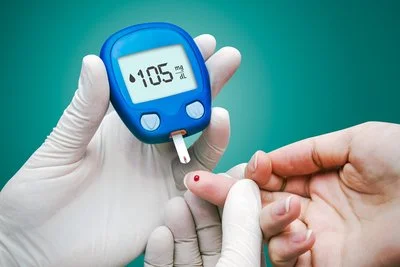
Supports Weight Management (Moderately)
The relationship between apple cider vinegar and weight management has generated considerable interest in health and wellness communities. While no single food or supplement can replace fundamental lifestyle approaches to weight control, evidence suggests that apple cider vinegar may provide modest supportive effects through several physiological mechanisms. For individuals seeking comprehensive weight management strategies, understanding the realistic potential of apple cider vinegar powder becomes particularly relevant.
Perhaps the most documented weight-related effect of apple cider vinegar involves increased satiety—the feeling of fullness after eating. A study published in the European Journal of Clinical Nutrition found that vinegar consumption with a high-carbohydrate meal increased subjective ratings of fullness and reduced subsequent caloric intake throughout the day. This satiety effect appears linked to delayed gastric emptying and blood glucose stabilization, as previously discussed. For those using apple cider vinegar powder as part of a weight management approach, consuming it before meals may help moderate food intake naturally without extreme restriction.
Metabolic effects beyond satiety have also been observed in clinical research. A 12-week Japanese study published in Bioscience, Biotechnology, and Biochemistry found that daily vinegar consumption (15-30ml) resulted in modest weight reduction, decreased visceral fat, and lower triglycerides compared to placebo. The researchers attributed these effects partly to acetic acid's influence on genes responsible for fat oxidation and storage. While these results show promise, the weight changes were moderate, typically 2-4 pounds over the 12-week period, suggesting apple cider vinegar should be viewed as a supportive component rather than a primary weight loss method.
The convenience of acv powder may offer particular advantages for consistent use in weight management programs. The portable nature of powdered formulations allows for easier incorporation into daily routines compared to liquid vinegar, potentially improving adherence. Additionally, the reduced acidity of powder formats minimizes concerns about tooth enamel erosion and esophageal irritation that sometimes accompany regular liquid vinegar consumption.

Rebecca: Apple Cider Vinegar Powder For Sale
At Rebecca Bio-Tech, we've developed premium apple cider vinegar powder that delivers the natural benefits of organic ACV in a convenient, shelf-stable form. Our pharmaceutical-grade production process carefully preserves the bioactive compounds while eliminating the harsh taste and potential enamel damage associated with liquid vinegar.
Our acv powder is available in multiple concentration strengths (5%, 8%, and 10% acetic acid content) to suit various health applications and potency preferences. Each batch undergoes rigorous HPLC testing to ensure consistent quality and reliable acetic acid content, giving you confidence in every serving.
Derived from premium Malus Pumila Mill. Apples, our powder (CAS No..: 85251-63-4) maintains the beneficial properties that have made apple cider vinegar a trusted wellness staple for generations. Whether you're a supplement manufacturer seeking a quality ingredient, a health practitioner recommending natural products, or a wholesale buyer, our product delivers exceptional value and efficacy.
Experience the digestive support, blood sugar regulation, and metabolic benefits of apple cider vinegar without the inconvenience or strong taste of liquid versions. For product specifications, ordering information, or custom formulation inquiries, please contact our product specialists at information@sxrebecca.com.
References
Johnston CS, Gaas CA. Vinegar: medicinal uses and antiglycemic effect. MedGenMed. 2006;8(2):61.
Kondo T, Kishi M, Fushimi T, Ugajin S, Kaga T. Vinegar intake reduces body weight, body fat mass, and serum triglyceride levels in obese Japanese subjects. Biosci Biotechnol Biochem. 2009;73(8):1837-1843.
Hlebowicz J, Darwiche G, Björgell O, Almér LO. Effect of apple cider vinegar on delayed gastric emptying in patients with type 1 diabetes mellitus: a pilot study. BMC Gastroenterol. 2007;7:46.
Johnston CS, Kim CM, Buller AJ. Vinegar improves insulin sensitivity to a high-carbohydrate meal in subjects with insulin resistance or type 2 diabetes. Diabetes Care. 2004;27(1):281-282.
Östman E, Granfeldt Y, Persson L, Björck I. Vinegar supplementation lowers glucose and insulin responses and increases satiety after a bread meal in healthy subjects. Eur J Clin Nutr. 2005;59(9):983-988.
